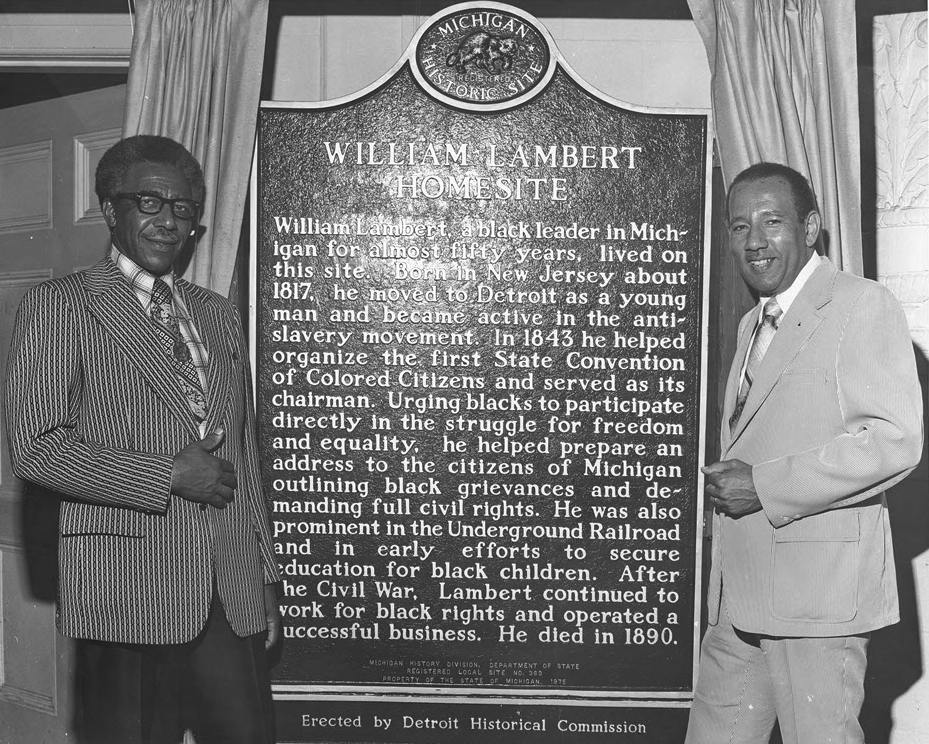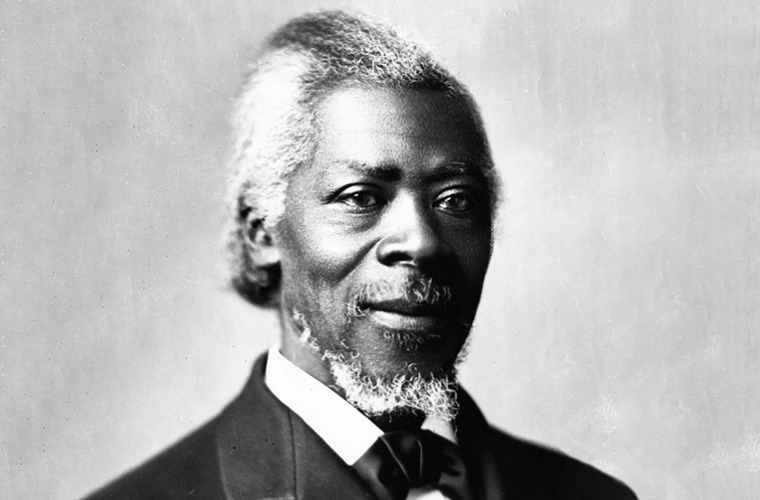William Lambert was an abolitionist and civil rights activist who played a significant role in the fight against slavery and the advancement of civil rights in the United States during the 19th century. Born in New Jersey in 1817, Lambert became one of the prominent African American voices advocating for the abolition of slavery and equal rights for all. Lambert was an active participant in the Underground Railroad, a network of secret routes and safe houses established to help enslaved individuals escape to free states and Canada. He worked closely with other abolitionists, such as Harriet Tubman and Frederick Douglass, to provide assistance and guidance to escaping slaves.
In addition to his work with the Underground Railroad, Lambert was involved in various civil rights activities. He campaigned for the integration of public schools and fought against racial discrimination in education. Lambert recognized the importance of education in empowering African Americans and fought for equal access to quality schooling for all children, regardless of their race. Lambert also worked as a lecturer and writer, using his voice and pen to advocate for equal rights and the abolition of slavery. He traveled extensively, speaking at abolitionist meetings and conferences across the country, spreading awareness, and mobilizing support for the cause.

While Lambert’s contributions to the abolitionist movement and civil rights struggle were significant, his name is not as widely recognized as some other prominent figures of the time. This is partly due to the fact that historical accounts and records of African American activists were often marginalized or overlooked during that era. Nevertheless, Lambert’s dedication to the fight against slavery and his commitment to civil rights paved the way for future generations of activists. His work helped to shape the abolitionist movement and contributed to the eventual end of slavery in the United States. Lambert’s legacy continues to inspire those who advocate for justice, equality, and the eradication of racial discrimination.

